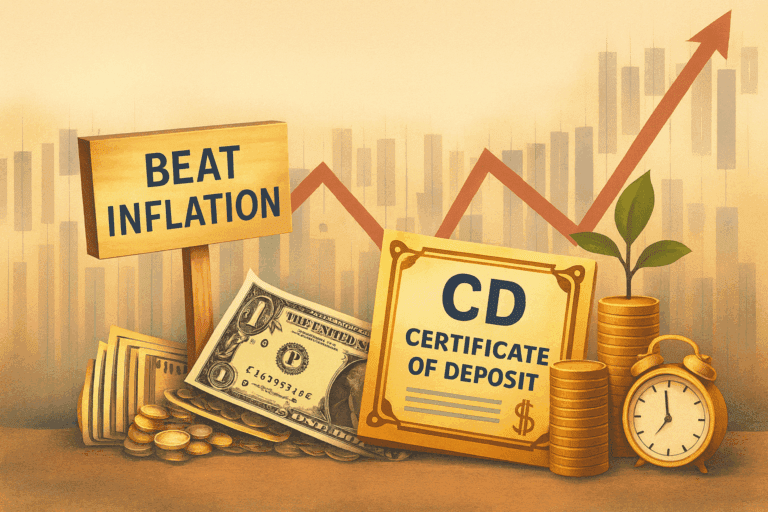People who make wise decisions in their 20s often reap the greatest rewards later in life. Educate yourself about money and finance. Invest in your education and skills. Here are 10 crucial financial habits to start in your 20s.
10. Create an Emergency Savings Account

An emergency situation can arise at any time. Dedicate a savings account or a part of your savings for emergencies only. Putting aside $1,000 is a good start. However, experts say your “rainy day fund” should be equal to six months of your expenses at a minimum. This avoids the need to take on debt if an emergency arises.
9. Align Your Spending With Your Values

Is your spending aligned with your values? To check this, track your spending to see where your money currently goes. Then, create a budget based on how you want to direct your spending. Start with must-haves (rent, groceries, utilities, debt payments). Next, list what you care about most. Allocate your remaining income according to those values (e.g., experiences versus material goods).
8. Prioritize Paying Down Debt

Most people have to take loans, whether it’s for student debt, an automobile, or credit cards. The interest on these loans can sometimes amount to twice the cost of paying in full with cash. To save money and get out of debt it’s essential to pay more than the minimum payment. Pay off the highest interest accounts first.
7. Build a Strong Credit Score

A strong credit score helps you get a lower interest rate on loans. It helps get approval for rentals. To build good credit, always pay your bills on time. Keep your credit utilization ratio below 30% (balances divided by limits). Don’t close old accounts and limit new credit applications. Diversify your credit mix between credit cards, installment loans, and retail accounts.
6. Invest

Successful investing is a long game. The sooner you start, the more you’ll gain the advantage of compounding interest. Rather than go for the highest yields, look for those that have a history of stable returns. Slow and steady wins the race. Diversify your investments over CDs, bonds, stocks, mutual funds, and other vehicles such as REITs.
5. Safeguard Your Online Presence and Data

Most 20-somethings have an online presence. That presence is your brand. Be cautious — it’s easier to reveal more about yourself than you mean to. Think about how employers or clients might view your online presence. Also, protect your personal information with multiple passwords and two-factor authentication. Monitor your credit report and financial accounts.
4. Insure the Fundamentals

Insurance is essential and must be prioritized. Otherwise, you can lose things you’ve worked to establish and acquire. The must-have insurance policies are health, auto, and home or renter’s insurance. If you’re married and/or have children, life insurance is also fundamental. If you own equipment essential to your business, you should ensure it as well.
3. Save and Plan for Home Ownership

Homeownership is a powerful way to build wealth. Many people aren’t ready to purchase a home and stay in one area in their 20s. But it takes time to save for a down payment. That’s why it’s important to begin saving in your 20s. Meanwhile, you can earn interest on your savings by investing it in short-term CDs or bonds.
Read More: 10 Money Habits That Millionaires Stick To
2. Save for Retirement

When you’re in your 20s, it can be hard to prioritize something that is 40-to-50 years away. However, starting in your 20s could allow you to retire early. Invest in a 401(k) or an IRA. Take advantage of employer-matching contributions. If you’ve already started a retirement plan, increase your contributions, even if it’s only by 1%.
Read More: Investing Basics You SHOULD Already Know
1. Invest in Yourself

Ultimately, you are your greatest asset. One of the best investments you can make is in yourself. Invest some of your money in improving your education, knowledge, and skills. Become an expert at what you do. Spend time networking with others who can help you learn and advance. All these set you up for long-term success.
Read More: How to Get $10,000 in Your Savings Account








